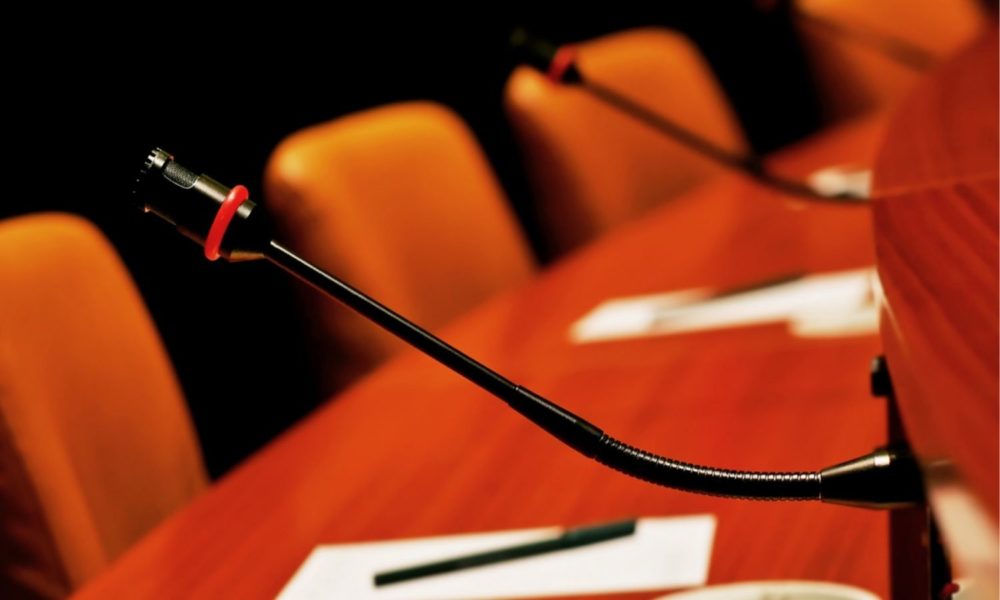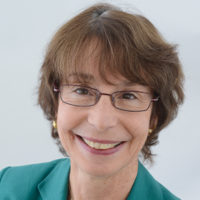UPDATE (11/5): In what looks like a win for academic freedom, it appears that the University of Florida is reversing its decision and will allow its professors to serve as expert witnesses in voting rights litigation. Read the letter from the university president here.
The firestorm continues to rage at the University of Florida (UF) over its decision to bar three of its professors from testifying in a voting rights lawsuit – a furor fueled in part by the university’s conflicting and ridiculous attempts to explain its rationale and cover its tracks.
The professors, political scientists with expertise and standing on voting rights, provided a powerful response to the university’s efforts to silence them, citing their mission – and the mission of a publicly-funded university – to serve the people of Florida and the public good, not the political agenda of elected officials. University professors across the country with diverse views on voting rights and other election issues quickly decried the university’s actions, called on it to reverse its decision and to allow the three faculty members to offer their expert testimony in the case.
And then we hear that this is not the first time UF has barred professors from testifying as expert witnesses in cases that challenge policies of the state’s sitting governor, Ron DeSantis (see here, here, here).
In his recent blog post on the UF fiasco, my colleague Dr. Andrew Rosenberg, spoke to issues of censorship of science, academic freedom, political interference, and scientific integrity – all looming threats to our democracy. The university’s actions on voting rights could also spark similar efforts to stifle expert voices on public health when they don’t align with the political preferences of the day. This could at once become imminently personal for families and communities whose health and safety depend on science-based policy protections.
Dire implications for public health
In Florida, we’ve seen this anti-science rhetoric play out on COVID-19, with an executive order and laws that fly in the face of science-based public health measures to limit the spread of the pandemic. Just this week, the governor vowed to fight OSHA’s Emergency Temporary Standard on vaccination and testing. Following the university’s voting rights logic, could the university suppress the ability of its public health and infectious disease experts from speaking out on the impact of these policy actions on the health of Floridians?
But let’s think far beyond COVID. Universities are research hubs and home to scientists and experts with critical expertise on a vast array of disciplines and issues that impact public health on a daily basis. Areas central to government policy and regulation – like climate change, clean energy, air and water pollution, toxic chemicals, food safety, citing of hazardous facilities, consumer products, worker health, and more – not to mention public participation and access to information related to public policy and decision-making.
It’s not hard to imagine scenarios in which existing or emerging science does not support or align with proposed government action – be it local, state, or federal – that may serve the interests of powerful stakeholders or donors (and/or the future of incumbent elected officials) at the expense of the public good. And in those scenarios, it is crucial that scientists and researchers are able to speak freely about their work.
For example, if university researchers discover a product is dangerous to children or a particular community, they should be allowed to communicate their findings in a court of law and elsewhere even if the company that makes the product is a donor to an incumbent official. If workers are at risk in a particular business, scientists should be able to speak openly about it even if the business is owned by donors and political supporters of one party or the other.
Academic freedom isn’t just a privilege designed to “be nice to faculty.” It is the cornerstone of knowledge, integrity, and progress. It means universities can’t require academics to only conduct research or teach politically directed topics. Their teaching and research is based on their acquired expertise and scholarship and on the work they believe will be impactful and important to the field and to protecting and promoting the public good. That’s what makes the university so crucial in our constitutional democracy.
They are part of what makes America great, enabling us to build back better and help our democracy thrive.
This is a dangerous road
The censorship of the three Florida professors and broader threat to academic freedom has far-reaching implications if UF continues its practice of interfering in faculty members’ ability to provide their expertise in lawsuits. If allowed to stand, it increases the risk that other states and universities will follow suit and join Florida on the slippery slope toward government control of our academic institutions.
Make no mistake – censorship of science results in real harm to the public. Scientists expose risks, analyze the impacts of policy decisions, and provide information for people to make their own decisions.
Scientists in both public and private universities do this day in day out. Do we really want to reduce the capacity of our public universities to work on and inform us about challenging, controversial issues? I think not. We should be encouraging scientists to jump into the toughest problems, not censoring them.
UCS is working hard with Congress and the Biden administration to put in place strong scientific integrity policies at the federal level – policies that protect the rights of scientists to freely communicate the results of their work to the public without political interference. But a federal statute won’t protect scientists from state government censorship.
We must watch carefully and speak out not only in Florida, but anywhere we see such violations of academic freedom. These are our public universities, not the governor’s or even the board of trustees.
Public universities are for the public. Let’s make sure they stay that way.

